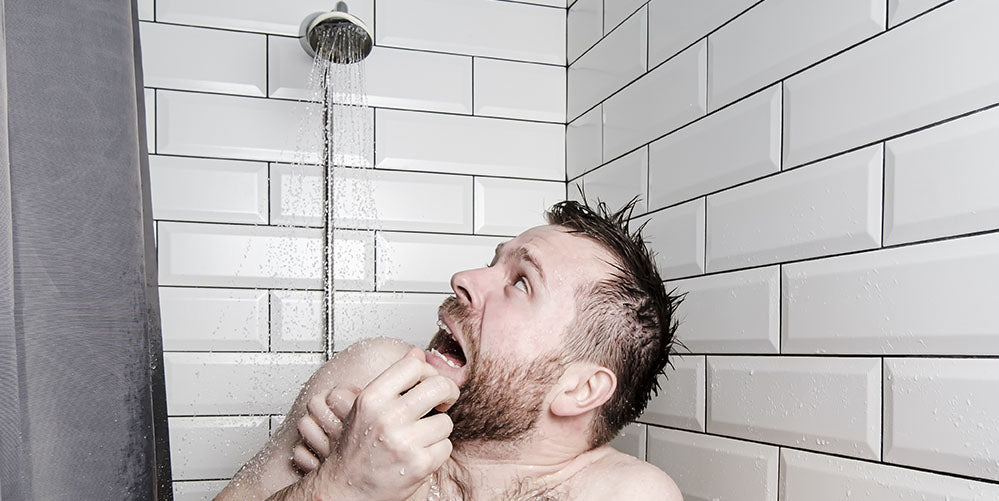For home owners there are two pretty clear advantages to circulator pumps. One of these is more obvious in winter and the other in summer - at least in our region - and they are related.
If you or your customer is waiting for hot water while cold water runs and runs out of the tap, that is both annoying and wasteful. If hot water was instantly available to taps, we would waste less water. We sell a circulator pump that provides instant hot water at all taps when customers want it, saving on all that water that flows down the drain while waiting. Although saving water should be a year-round priority, we often hear about it in summer during times of drought in our region.
In winter, having the hot water come quickly for hand washing at the kitchen tap (wash your hands for 20 seconds!!) or for a hot shower is highly desirable. The same type of circulator pump ensures that customers have hot water on demand. A comfortable feature in the coldest temps, while conserving the resource.
Other circulators we sell are used for ensuring hot water is available to power your underfloor heating or for solar hot water applications at all times of the day. These pumps power those heating units by ensuring hot water is continuously circulating around the pipes. They may use a bit more energy, but they have improved over time in their efficiency.
Circulator pumps have been used for years in hotels and restaurants and they've become increasingly energy efficient. In commercial buildings and hospitals they need to run non-stop 24/7 to have instant hot water. All of the pumps we sell to replicate this purpose for smaller buildings are designed to conserve energy following on lessons learned from commercial needs.
Maintenance of circulator pumps is pretty easy too, for plumbers and homeowners. Old school style pumps have three pieces and more replaceable parts. They need to be oiled regularly, mostly in late autumn or early winter. Newer pumps with cartridges, which are standard these days, don't require oil and have very few replaceable parts, so they require much less maintenance.
Still, when installing a new circulator, you need to remember that if the hydronic system is closed-loop, you can use a cast iron pump because the water used is de-oxygenated to prevent rusting. If the system is an open loop hydronic system the circulator pump must be made of either bronze or stainless steel to prevent corrosion, because the water is oxygenated.

